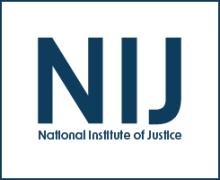Children Exposed to Violence
A study of a national sample of American children found that over the past year 60 percent were exposed to violence, crime, or abuse in their homes, schools, and communities. Almost 40 percent of American children were direct victims of 2 or more violent acts, and 1 in 10 were victims of violence 5 or more times. Children are more likely to be exposed to...



